Home>diy>Building & Construction>What Is A Trade In Construction


Building & Construction
What Is A Trade In Construction
Modified: January 9, 2024
Find out what a trade in construction entails and how it contributes to the building-construction industry. Gain insights into various roles, requirements, and career opportunities.
(Many of the links in this article redirect to a specific reviewed product. Your purchase of these products through affiliate links helps to generate commission for Storables.com, at no extra cost. Learn more)
Introduction
Welcome to the world of construction, where every piece of infrastructure, from towering skyscrapers to intricate bridges, comes to life. Behind every successful construction project, there is a team of skilled professionals working together to transform architectural design into tangible reality. Among these professionals are tradespeople, the backbone of the construction industry.
In the realm of construction, a trade refers to a specific skill set or specialization within the field. Trade professionals are responsible for carrying out specific tasks or providing specific services that contribute to the overall construction process. From carpenters and electricians to plumbers and masons, each trade plays a crucial role in bringing a construction project to fruition.
Without the expertise and dedication of tradespeople, the grand visions of architects and engineers would remain mere concepts on paper. Trades in construction encompass a wide range of skills and disciplines, all of which are essential for the successful completion of any building project.
In this article, we will explore the concept of trades in construction, discuss their importance, highlight the various types of trades, examine the required skills and qualifications, delve into trade unions and apprenticeships in construction, address the challenges faced by tradespeople, and consider the future of trades in this ever-evolving industry.
So, if you are curious about the world of construction trades and want to gain a deeper understanding of their significance, let’s dive in!
Key Takeaways:
- Trades in construction are specialized skills crucial for efficiency, quality, and safety in building projects. Collaboration, adaptability, and embracing technology are key for future success in the ever-evolving construction industry.
- Trade unions and apprenticeships support and shape the careers of tradespeople in construction. Embracing innovation, sustainability, and safety will be essential for thriving in the future of construction trades.
Read more: What Are The Trades In Construction
Definition of Trade in Construction
In the context of the construction industry, a trade refers to a specialized skill or occupation that involves performing specific tasks related to the construction, installation, or maintenance of buildings and infrastructure. Trades in construction are essential for translating architectural plans into physical structures, ensuring that the various components of a construction project come together seamlessly.
Trades in construction encompass a wide range of disciplines, including but not limited to carpentry, electrical work, plumbing, masonry, painting, roofing, and HVAC (heating, ventilation, and air conditioning) installation. Each trade requires a unique set of skills and knowledge, as well as specific tools and techniques, to carry out the tasks associated with the trade.
Tradespeople in construction are typically trained professionals who have acquired the necessary knowledge and expertise through formal education, apprenticeships, and on-the-job experience. They play a crucial role in the entire life cycle of a construction project, from initial planning and site preparation to the final touches and finishing details.
When it comes to trade work in construction, precision and attention to detail are of utmost importance. Tradespeople are responsible for ensuring that all aspects of their specialized tasks meet the required standards and regulations. Whether it’s framing a structure, installing electrical wiring, or laying bricks, tradespeople are the skilled hands that bring the plans to life.
Trades in construction are often interconnected, collaborating with one another to complete a project. For example, carpenters work hand in hand with electricians to ensure that the framework accommodates the necessary electrical components, while plumbers coordinate with masons to install pipes and fixtures in the correct locations.
Overall, trades in construction are the foundational building blocks that ensure that a project progresses smoothly and meets the intended design and functionality. The expertise and proficiency of tradespeople are essential in not only constructing safe and durable structures but also in creating spaces that meet the needs and desires of their occupants.
Importance of Trade in Construction
Trades in construction hold immense significance in the industry, as they form the backbone of any building project. Without the expertise and contributions of tradespeople, construction projects would come to a standstill. Let’s explore the key reasons why trades are crucial in construction:
- Skill and Specialization: Trades in construction involve specialized skills and knowledge that are acquired through years of training and experience. Each trade requires a unique set of skills and expertise, ensuring that specific tasks are carried out efficiently and to a high standard. From the intricate work of electricians to the precision of carpenters, tradespeople bring their mastery to the construction site, ensuring the project’s success.
- Efficiency and Productivity: Trades in construction improve efficiency and productivity on a project site. By focusing on their specific trades, tradespeople are able to complete tasks more quickly and accurately. This division of labor allows for a streamlined workflow, minimizing delays and maximizing productivity.
- Quality and Safety: Tradespeople play a crucial role in maintaining the quality and safety of construction projects. Their expertise ensures that all tasks are performed according to industry standards and building codes. Whether it’s ensuring the structural integrity of a building or installing electrical systems with precision, tradespeople prioritize quality and safety to deliver a final product that meets or exceeds expectations.
- Collaboration and Teamwork: Trades in construction often require collaboration between different tradespeople to complete a project. This fosters a sense of teamwork and cooperation, as tradespeople coordinate their efforts to ensure that all components of a project align seamlessly. Effective collaboration between trades helps to resolve any conflicts or challenges that may arise during construction.
- Flexibility and Adaptability: Trades in construction provide the industry with flexibility and adaptability. Tradespeople are well-versed in their respective fields and can adapt to changing project requirements and new technologies. Their versatility allows them to tackle various challenges and find innovative solutions, contributing to the overall success of a construction project.
- Economic Impact: Trades in construction have a significant economic impact. The industry provides employment opportunities for a vast number of tradespeople, boosting local economies and driving growth. Additionally, the construction industry as a whole contributes to economic development by creating infrastructure that supports various sectors and improves overall quality of life.
In summary, trades in construction are of paramount importance. They bring specialized skills, enhance efficiency, ensure quality and safety, promote collaboration, and drive economic growth. Without the expertise of tradespeople, the construction industry would not be able to thrive and provide the infrastructure needed to support communities and societies.
Types of Trades in Construction
The construction industry encompasses a diverse range of trades, each with its own set of skills and responsibilities. These trades are essential for the successful completion of any construction project. Let’s explore some of the main types of trades in construction:
- Carpentry: Carpenters specialize in working with wood, creating and installing structures such as frameworks, floors, walls, and roofs. They are skilled in using various tools and techniques to shape, cut, and assemble wood components.
- Electrical Work: Electricians are responsible for installing, maintaining, and repairing electrical systems in buildings. They handle tasks such as wiring, fixture installation, and troubleshooting electrical issues to ensure a safe and functional electrical infrastructure.
- Plumbing: Plumbers install and repair plumbing systems, including pipes, fixtures, and fittings that carry water, sewage, and gas. They ensure proper water flow, drainage, and gas line safety in buildings.
- Masonry: Masons work with bricks, stones, and concrete to build walls, foundations, and other structures. They use their knowledge of mortar, tools, and techniques to create durable and aesthetically pleasing masonry work.
- Painting and Decorating: Painters specialize in applying paint, varnish, and other finishes to surfaces, enhancing the appearance of buildings. They are skilled in surface preparation, color selection, and different painting techniques.
- Roofing: Roofers install and repair roofs to provide a watertight and weatherproof barrier for buildings. They work with various materials such as shingles, tiles, and metal to ensure proper roof installation and maintenance.
- HVAC: HVAC technicians install, maintain, and repair heating, ventilation, and air conditioning systems in buildings. They ensure proper temperature regulation, air quality, and energy efficiency to create a comfortable indoor environment.
- Concrete Work: Concrete specialists handle tasks related to concrete pouring, shaping, and finishing. They are proficient in concrete mixing, formwork construction, and reinforcement installation, working on projects such as foundations, walls, and slabs.
These trades are just a snapshot of the wide range of specialties within the construction industry. Other important trades include ironwork, welding, glazing, flooring, and landscaping, each contributing to the construction process in unique ways.
It’s worth noting that trades in construction often require a combination of technical skills, physical endurance, problem-solving abilities, and attention to detail. The collaboration and interaction between different tradespeople are key to ensuring a smooth and successful construction project.
By harnessing the expertise of these various trades, construction professionals create the solid foundation upon which buildings and infrastructure can stand, ensuring functionality, durability, and aesthetic appeal.
Skills and Qualifications for Trades in Construction
Trades in construction require a unique set of skills and qualifications to ensure that tasks are carried out safely and efficiently. Let’s explore the key skills and qualifications necessary for success in construction trades:
- Technical Skills: Tradespeople must possess specific technical skills related to their trade. For example, carpenters must be skilled in measuring, cutting, and assembling wood, while electricians need a deep understanding of electrical circuits and wiring. These technical skills are typically developed through formal training programs, apprenticeships, and hands-on experience.
- Physical Stamina: Working in construction trades often involves physical labor and demanding tasks. Tradespeople need to be physically fit and possess the stamina to withstand long hours of standing, lifting heavy materials, and working in various weather conditions.
- Attention to Detail: Precision and attention to detail are crucial in construction trades. Whether it’s measuring and cutting materials or ensuring the accuracy of electrical connections, tradespeople must pay close attention to every detail to maintain quality and safety.
- Problem-Solving Abilities: Construction projects often present unforeseen challenges that require creative problem-solving. Tradespeople must be able to analyze problems, think critically, and find practical solutions to keep the project moving forward.
- Teamwork and Communication: Collaboration and effective communication are essential in construction trades. Tradespeople need to work closely with colleagues, supervisors, and other trades to coordinate tasks and ensure that all aspects of the project align smoothly.
- Knowledge of Building Codes and Regulations: Tradespeople must have a solid understanding of building codes and regulations to ensure compliance with safety standards. They need to stay updated on any changes or advancements in their field to carry out work according to industry guidelines.
- Certifications and Licenses: Many trades in construction require specific certifications and licenses to legally perform certain tasks. For example, electricians often need to be licensed, while plumbers may need certifications for working with different types of pipes and systems.
- Continuing Education: To stay competitive and ensure professional growth, tradespeople should engage in continuing education and training programs. This helps them keep up with emerging technologies, industry trends, and advancements in their trade.
While formal education in construction trades is valuable, hands-on experience through apprenticeships and on-the-job training is also highly regarded. Apprenticeships provide aspiring tradespeople with the opportunity to learn from experienced professionals, gain practical skills, and earn industry-recognized qualifications.
Ultimately, the combination of technical skills, physical fitness, attention to detail, problem-solving abilities, teamwork, and knowledge of regulations equips tradespeople with the tools necessary for success in construction trades. Their expertise and qualifications allow them to carry out their specialized tasks with precision, contributing to the overall quality of the construction project.
When trading in construction, always consider the condition, age, and market value of the equipment or materials. It’s also important to negotiate the best deal and ensure all necessary paperwork is in order.
Trade Unions and Apprenticeships in Construction
Trade unions and apprenticeships play a significant role in the construction industry, supporting and shaping the careers of tradespeople. Let’s explore the importance of trade unions and apprenticeships in construction:
Trade Unions:
Trade unions in construction represent the collective interests and rights of tradespeople. These unions advocate for fair wages, safe working conditions, and benefits for their members. They negotiate with employers on behalf of tradespeople, ensuring that their voices are heard and their rights are protected.
Trade unions also provide valuable support to tradespeople in terms of training, education, and professional development. They offer apprenticeship programs, seminars, and workshops to enhance the skills and knowledge of their members. Additionally, unions provide networking opportunities, job placement assistance, and legal support if disputes arise.
Joining a trade union can provide tradespeople with a sense of belonging and a stronger collective voice. By banding together, they can collectively negotiate better working conditions, wages, and benefits, ultimately improving the overall quality of life for tradespeople in the construction industry.
Apprenticeships:
Apprenticeships are a traditional and time-honored way of gaining hands-on experience and training in the construction trades. Apprenticeships combine practical training with classroom instruction, providing aspiring tradespeople with a comprehensive understanding of their chosen trade.
During an apprenticeship, individuals work alongside experienced tradespeople, learning the skills of the trade through observation, practice, and guidance. This structured training allows apprentices to develop their technical skills, work ethic, and problem-solving abilities under the guidance of seasoned professionals.
Apprenticeships typically last a few years, during which apprentices gradually gain more responsibility and independence in their work. They also receive incremental wage increases as they progress through their apprenticeship, incentivizing skill development and dedication.
Completing an apprenticeship is highly regarded in the construction industry, as it demonstrates a commitment to learning and mastery of the trade. It provides apprentices with a solid foundation of knowledge and practical skills, increasing their employability and career advancement opportunities.
Furthermore, apprenticeships often have partnerships with trade unions, ensuring that apprentices receive the support and benefits offered by these organizations. This collaboration fosters a sense of community and provides a platform for ongoing development and networking.
In summary, trade unions and apprenticeships play integral roles in the construction industry. Trade unions protect the rights and interests of tradespeople, providing support, training, and representation. Apprenticeships offer aspiring tradespeople a path to gain practical experience and comprehensive training, setting them on a path towards a successful and fulfilling career in the construction trades.
Challenges Faced by Trades in Construction
Tradespeople in the construction industry face various challenges that can impact their work, career, and overall well-being. Let’s explore some of the common challenges faced by trades in construction:
- Physical Demands: Construction trades are physically demanding, requiring tradespeople to engage in strenuous activities such as lifting heavy materials, working in confined spaces, and enduring long hours on their feet. These physical demands can lead to fatigue, musculoskeletal injuries, and overall physical strain.
- Safety Hazards: Construction sites can be hazardous environments, with potential risks such as falling objects, machinery accidents, electrical shocks, and exposure to hazardous substances. Tradespeople must adhere to strict safety protocols and remain vigilant to mitigate these risks, but accidents can still occur, leading to injuries and health concerns.
- Seasonal and Weather Dependency: Construction projects are often affected by seasonal and weather conditions. Extreme temperatures, inclement weather, and environmental factors can impact the ability to work effectively and meet project deadlines. Tradespeople may face delays, schedule changes, or even job insecurity due to weather-induced project disruptions.
- Workplace Stress: The construction industry can be inherently stressful due to tight deadlines, a fast-paced work environment, and the need to meet client expectations. Tradespeople often juggle multiple tasks and projects simultaneously, which can lead to heightened job pressure and stress levels.
- Skills Gap and Labor Shortage: The industry is currently experiencing a skills gap and a shortage of skilled tradespeople. Many seasoned tradespeople are nearing retirement age, and there is a lack of younger workers entering the trades. This imbalance poses challenges in terms of knowledge transfer, succession planning, and meeting the increasing demand for skilled trades in the future.
- Changing Technology and Innovations: The construction industry is evolving rapidly, with the introduction of new technologies, tools, and building methods. Tradespeople must adapt to these changes and continuously update their skills and knowledge to remain competitive and effectively carry out their trade. This requires a willingness to embrace innovation and invest in ongoing training and education.
- Contractual and Financial Concerns: Tradespeople often face issues related to payment delays, contract disputes, and financial stability. Late payments, non-payment, or project cancellations can significantly impact their livelihoods and financial well-being, causing stress and instability.
Despite these challenges, tradespeople in the construction industry have the tenacity and resilience to overcome obstacles and deliver high-quality work. By staying informed, engaging in professional development, prioritizing safety, and seeking support from trade unions and industry associations, tradespeople can navigate challenges and thrive in their chosen field.
Future of Trades in Construction
The future of trades in construction presents both opportunities and challenges as the industry continues to evolve. Let’s explore what the future holds for tradespeople in the construction industry:
Technological Advancements:
The construction industry is witnessing a rapid advancement in technology, with the emergence of Building Information Modeling (BIM), robotics, drones, and automation. While these technologies may change certain aspects of the construction process, they also create new opportunities for tradespeople. The integration of technology can improve efficiency, streamline workflows, and increase safety on job sites. Tradespeople who embrace and adapt to new technologies will likely have a competitive edge in the future job market.
Sustainable and Green Construction:
With growing concerns about the environment and sustainability, the construction industry is shifting towards greener and more sustainable practices. Tradespeople will play a crucial role in this transition, working with eco-friendly materials, implementing energy-saving technologies, and constructing environmentally efficient buildings. Tradespeople with a strong understanding of sustainable practices and green construction will be in demand as the industry focuses on more sustainable development.
Skilled Labor Shortage:
One of the significant challenges facing the construction industry is the shortage of skilled labor. As experienced tradespeople retire, there is a need to attract and train the next generation of tradespeople. This presents an opportunity for aspiring tradespeople to enter the industry and establish successful careers. Encouraging apprenticeships, vocational training programs, and promoting the benefits of working in the trades can help address the skilled labor shortage and ensure a bright future for trades in construction.
Emphasis on Safety:
Safety will continue to be a top priority in the construction industry. With advancements in safety technologies and regulations, tradespeople will need to stay updated on the latest safety practices and protocols to maintain a safe and healthy work environment. Those who prioritize safety and invest in ongoing training will be sought after and valued in the industry.
Collaborative Approach:
The future of construction will emphasize collaboration and teamwork among tradespeople. Integrated project delivery methods and collaborative construction practices will require tradespeople to work closely with other professionals, such as architects, engineers, and project managers. Effective communication and the ability to work collaboratively will be crucial skills for tradespeople to succeed in the future.
Opportunities for Specialization:
As construction projects become increasingly complex, there will be a continued demand for tradespeople with specialized skills. Tradespeople who specialize in niche fields, such as solar installation, green technology, or smart building systems, will have unique opportunities. By continuously expanding their skills and knowledge in specific areas, tradespeople can position themselves as experts in high-demand specialties.
In summary, the future of trades in construction is both dynamic and promising. Embracing technological advancements, adopting sustainable practices, addressing the skilled labor shortage, prioritizing safety, fostering collaboration, and pursuing specialization will be key factors in thriving as a tradesperson in the ever-evolving construction industry.
Conclusion
In conclusion, trades in construction are the bedrock of the industry, encompassing a wide range of specialized skills and roles. From carpentry to electrical work, plumbing to masonry, tradespeople play a vital role in bringing architectural designs to life and constructing the infrastructure that shapes our communities.
Trades in construction are essential for ensuring the efficiency, quality, and safety of construction projects. With their technical expertise, attention to detail, and problem-solving abilities, tradespeople bring precision and craftsmanship to every task they undertake. The collaboration and teamwork among different trades further contribute to the successful completion of projects.
While tradespeople face challenges like physical demands, safety hazards, and the need to adapt to changing technologies, there are also significant opportunities on the horizon. Technological advancements, sustainability initiatives, and the emphasis on safety create avenues for growth and specialization within the trades in construction.
The future of trades in construction relies on attracting and training the next generation of tradespeople to meet the skilled labor shortage. Apprenticeships and trade unions play a crucial role in shaping and supporting the careers of tradespeople, offering training, representation, and networking opportunities.
As the construction industry continues to evolve, tradespeople who embrace innovation, acquire new skills, and stay up to date with industry trends will thrive. Specialization in niche areas and a commitment to ongoing learning will also be significant factors in ensuring future success.
In a world where technology and automation will undoubtedly impact the construction industry, the human touch and expertise of tradespeople remain invaluable. The craftsmanship, dedication, and skills brought by trades in construction will continue to shape the built environment and contribute to the growth and development of communities.
So, whether you are considering a career in the trades or are simply appreciating the significant role that tradespeople play in construction, recognize their importance and the lasting impact they have on the world around us.
Frequently Asked Questions about What Is A Trade In Construction
Was this page helpful?
At Storables.com, we guarantee accurate and reliable information. Our content, validated by Expert Board Contributors, is crafted following stringent Editorial Policies. We're committed to providing you with well-researched, expert-backed insights for all your informational needs.
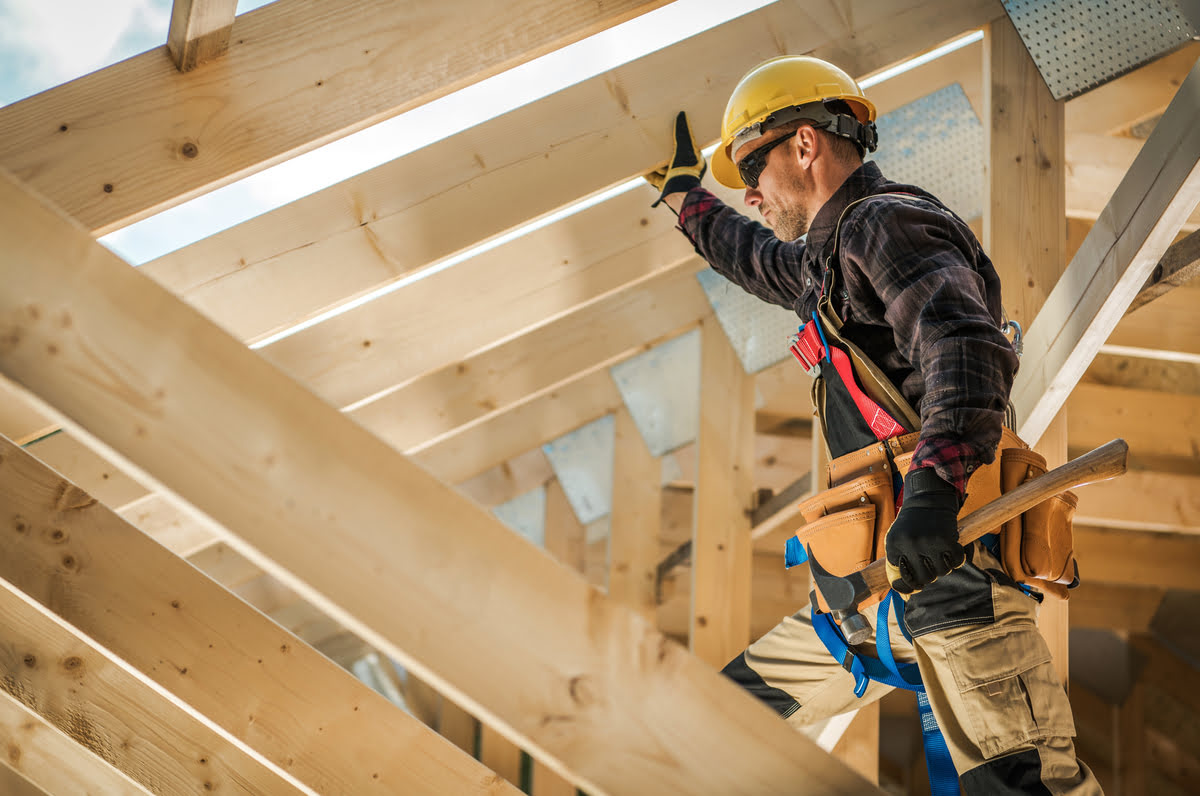
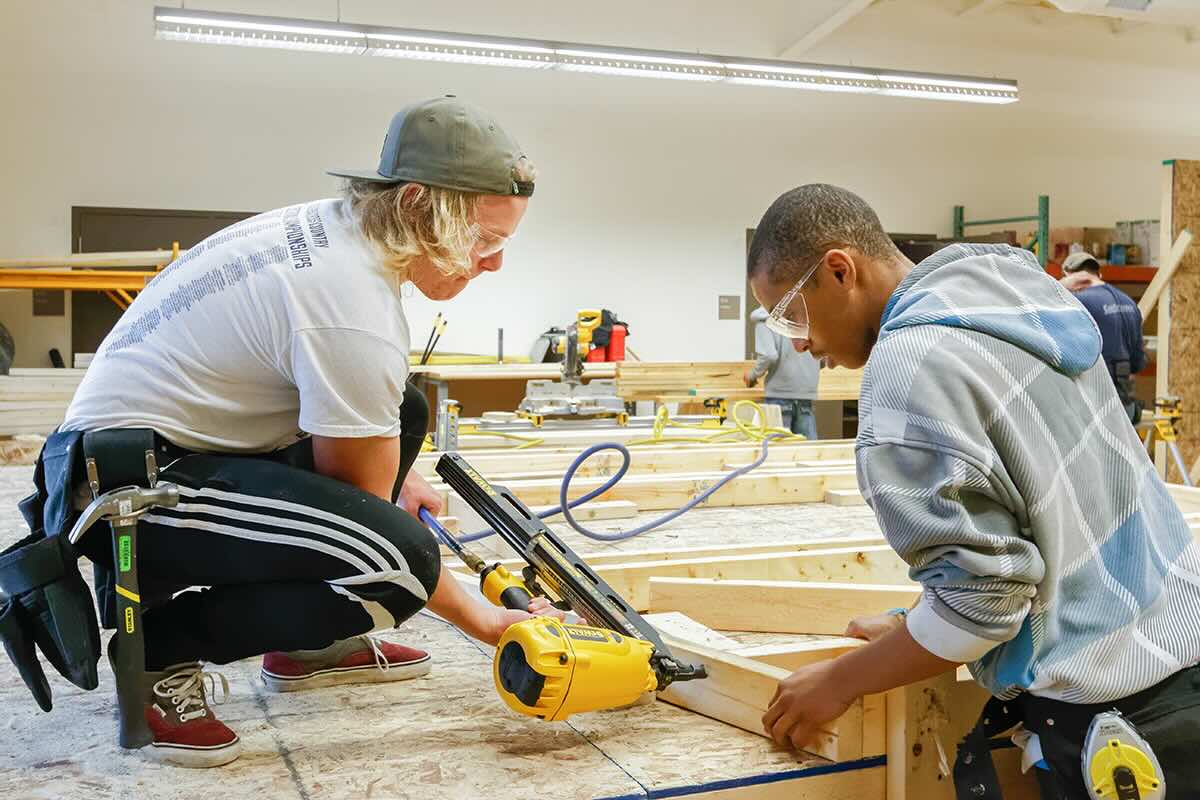
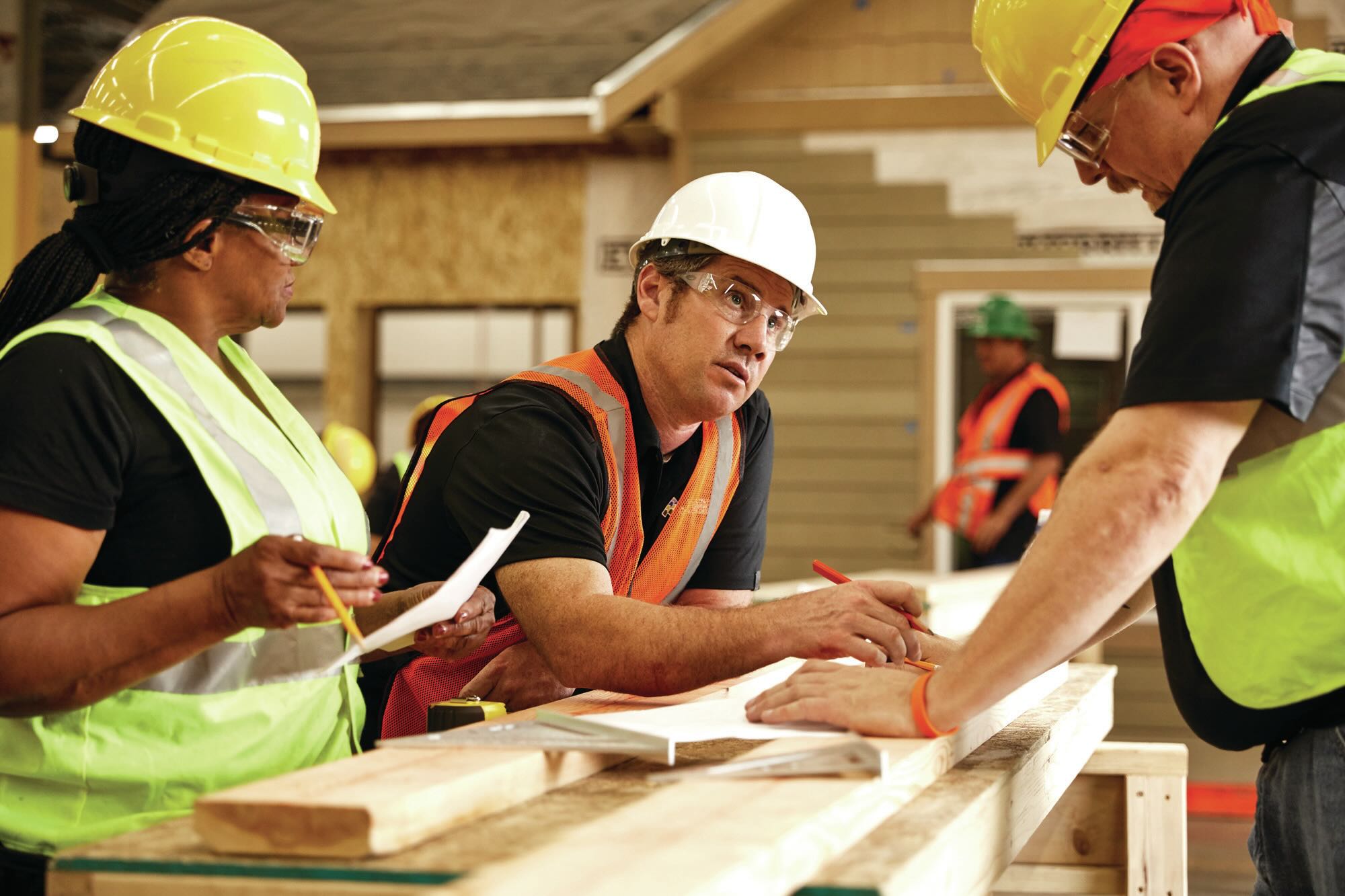
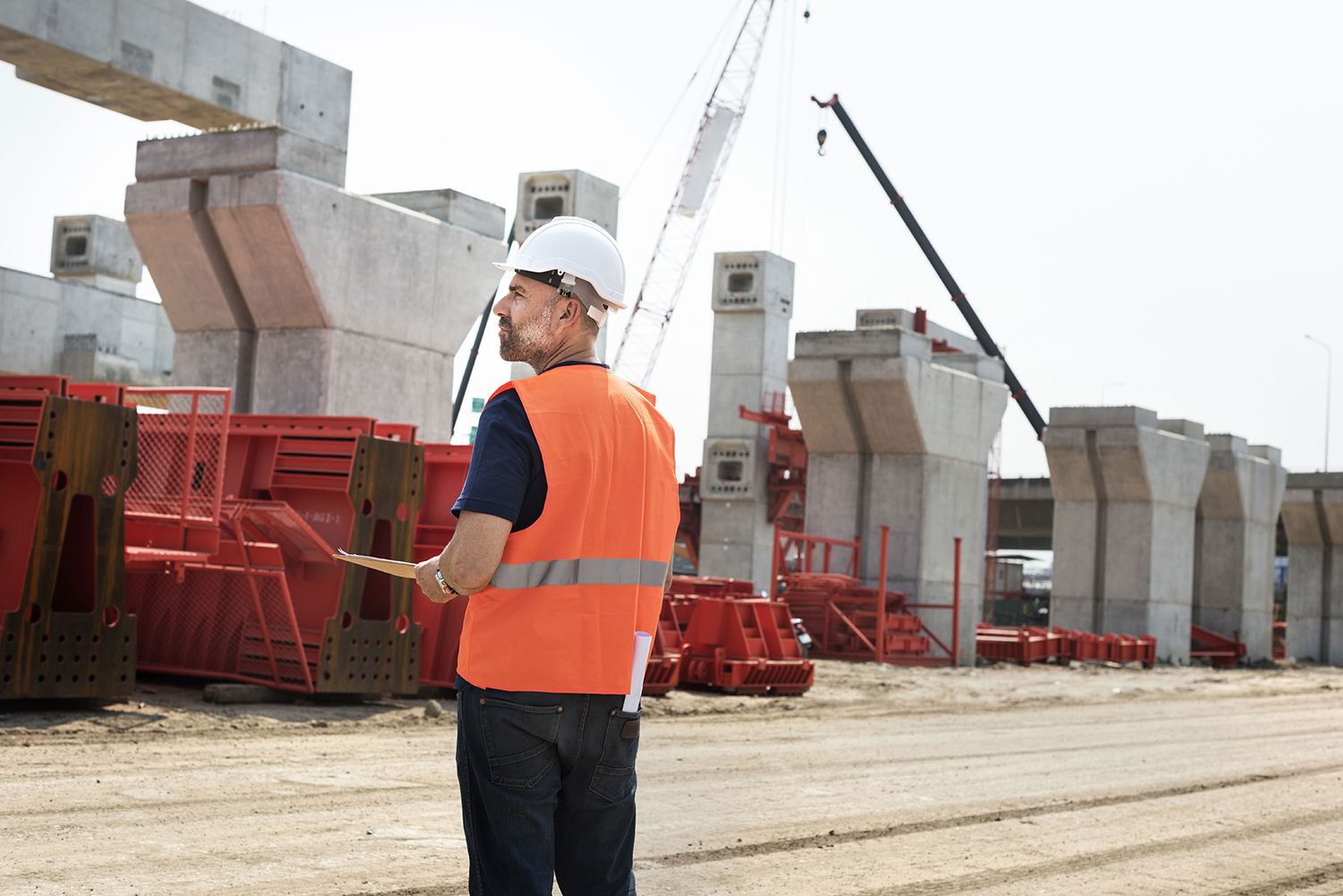



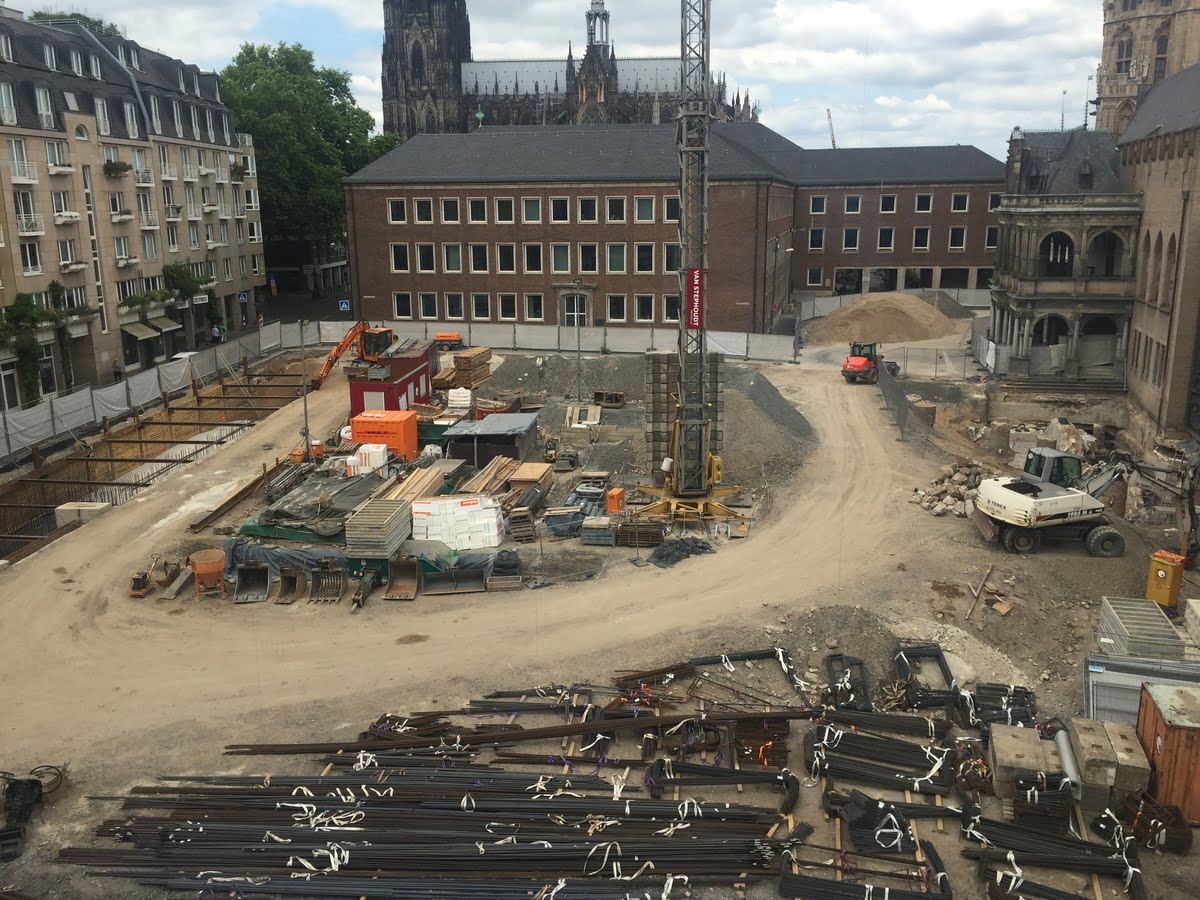

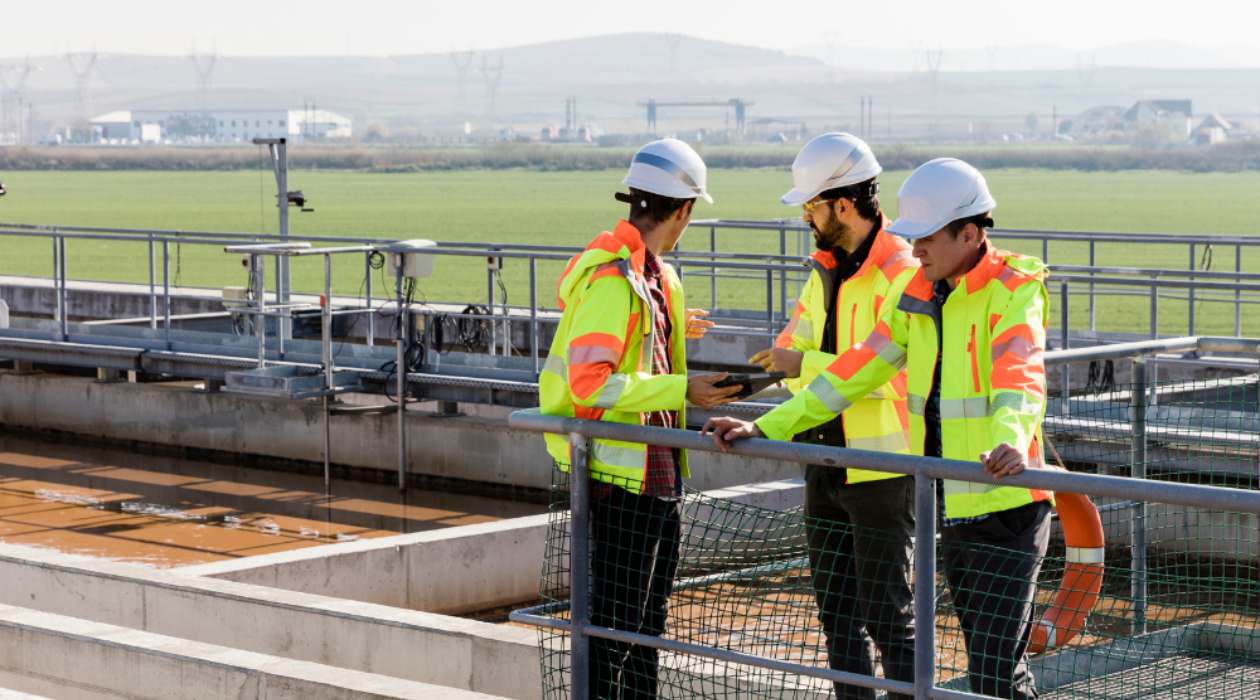
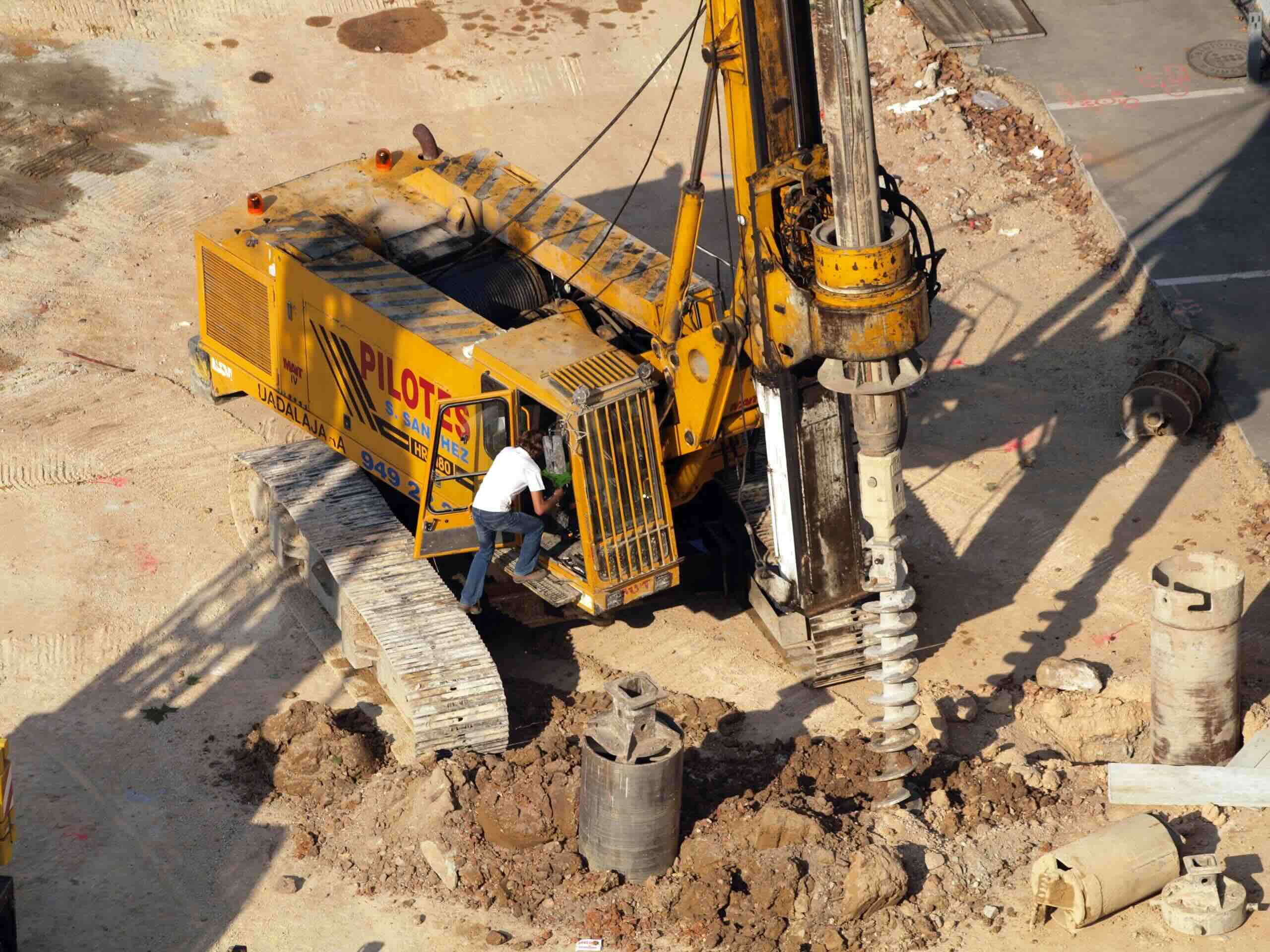
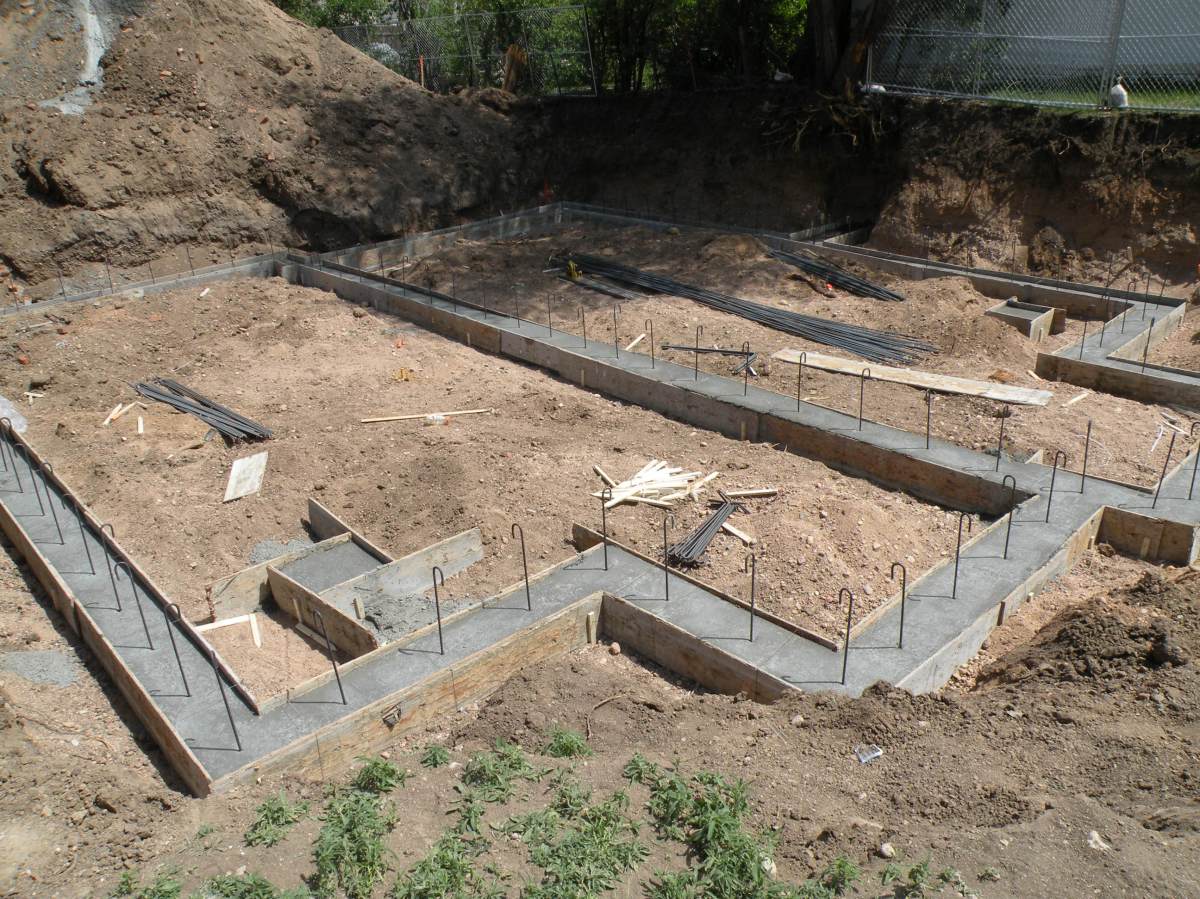



0 thoughts on “What Is A Trade In Construction”